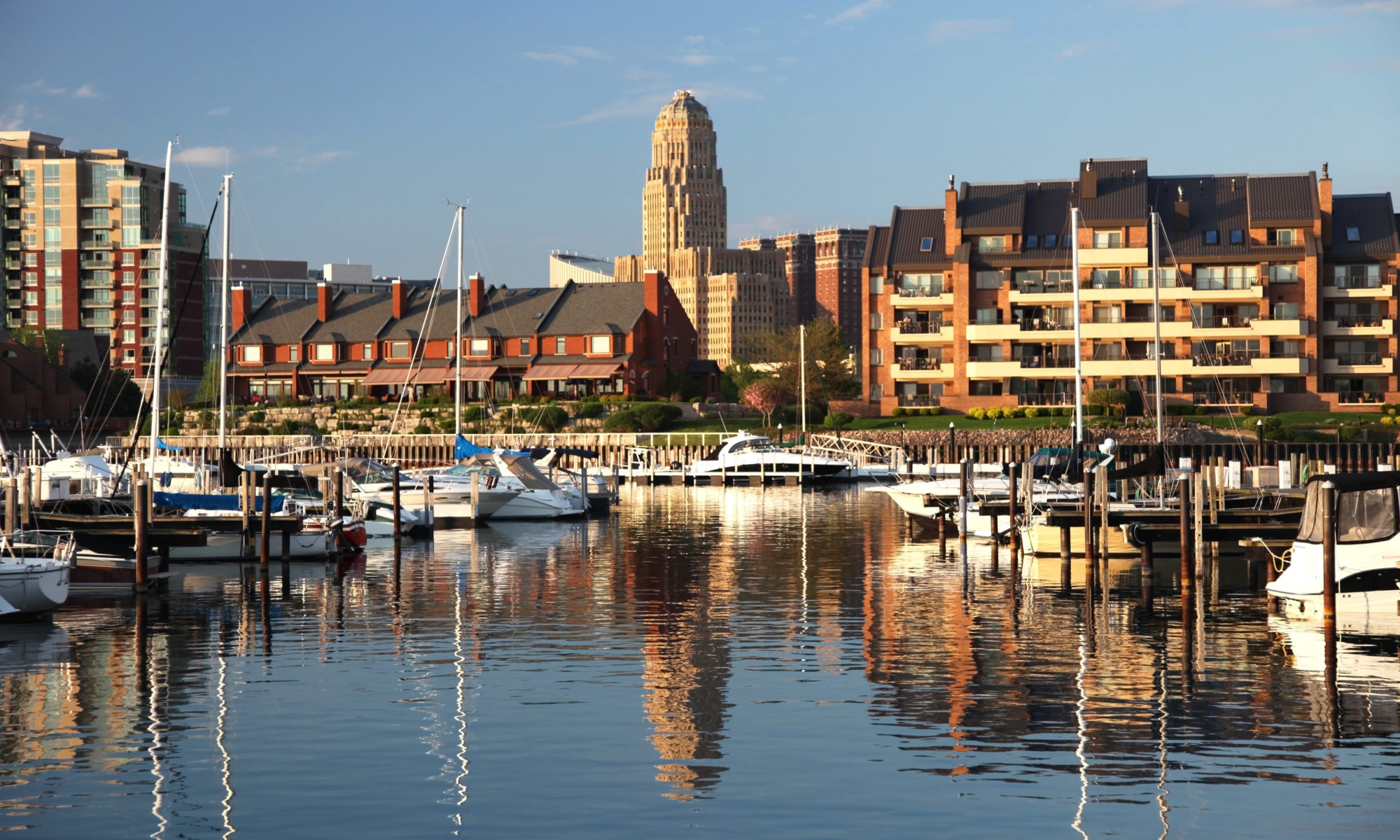Finding the Right Boat Insurance
Many new boat owners naturally wonder if they need boat insurance. While insurance is not required to own and register a boat, as it is with an automobile, it’s still highly advisable, and can help you own and operate your boat with peace of mind. Knowing what you need and where to start, however, can be a confusing task.
What Does Boat Insurance Cover?
Physical damage – covers accidental loss, and damage to your boat and its machinery/equipment. As with your car, this is important, as it covers the hull and engine(s), sails, and any equipment that are integral to your boat’s operating system.
Physical damage coverage pays for the cost of repairs to your boat that are the result of damage. Typical causes of loss and damage that are covered may include:
- Damage due to weather such as rain, hail, waves, wind, and lightening,
- Fire
- Theft
- Vandalism
- Collision with objects like docks, buoys, submerged/floating objects, and even other boats.
The best policies to look for, are the ones that cover “all risk” scenarios, to ensure that your coverage is comprehensive. When handling physical damage and loss settlement, there are two types of policies to consider – “Agreed Value” and “Actual Value” policies. Agreed Value policies tend to cost more, but provide a wider range of coverage to boat owners. Conversely, Actual Value policies are a cheaper, more economical option for boat owners, but provide less overall damage coverage.
Additionally, look for policies that extend coverage of your vessel beyond the water, to land storage and transportation of your boat by trailer.
As with your automobile insurance, “normal” wear and tear is usually excluded under boat insurance policies.
Liability (Protection & Indemnity) – covers the legal obligations to third parties/others on the water. This includes not only damage to the property of others, but more serious instances like bodily injury and/or loss of life as a result of your boat operation. This section also has the important task of paying for your legal defense if you happen to be sued due to property/bodily damage that is covered under your boat insurance policy.
The liability section of your boat insurance policy is especially important to pay attention to, as it covers many items and scenarios you might not otherwise consider as a boat owner. Some liability coverages might include:
- Clean up and/or containment efforts resulting from contamination/pollution caused by your boat
- Costs related to removal/disposal of the wreck of your vessel
- Liability to paid crew members aboard your vessel
Medical Payment Coverage – covers costs resulting from someone being injured on your boat, including ambulance, first aid treatment and hospital costs.
Uninsured Boater Coverage – You will encounter many on the water who do not have boat insurance. Uninsured Boater Coverage ensures you coverage and protection from injury to you and/or your passengers by operators of boats without liability coverage. This coverage provides you financial peace of mind while you are in a sea (or lake) or uninsured boaters!
Personal Property – covers personal effects and items belonging to you and your family being loaded, unloaded, and while on your boat.
Towing & Assistance – covers costs related to emergency assistance/services required including towing, emergency labor/repair, and delivery of fuel and/or oil while in use.
How Much Does Boat Insurance Cost?
As with automobile insurance, boat insurance cost is determined by many factors. Underwriters consider myriad factors, such as type of boat, age and value of the boat, type of engine(s), location, region of navigation, previous boating experience and claim history of the owner, etc. And boat owners have options when it comes to customizing the price of their policy. As with all insurance, selecting higher deductibles lower the price of your premium. Additionally, some insurers will lower your costs with the implementation of certain safety features, and with the undertaking of certain safety courses/training.
Find the Right Marine Insurance Expert
Ultimately the factors determining the right boat insurance for you are many, and finding an expert to guide you through the process is key. When deciding upon a provider, be sure to ask questions, and look for a company with a history of expertise, and good reviews. Give the experts at Stevens Marine Agency with Vanner Insurance a call today, and let us determine the right coverage for you!


